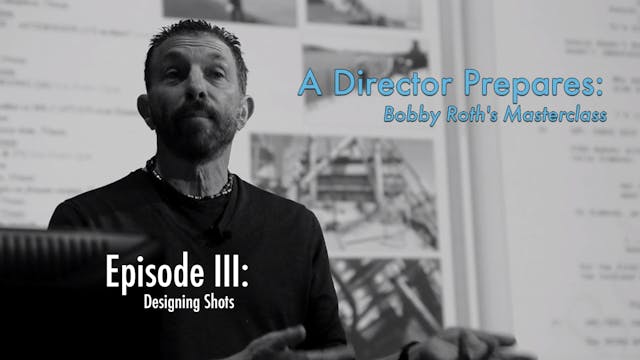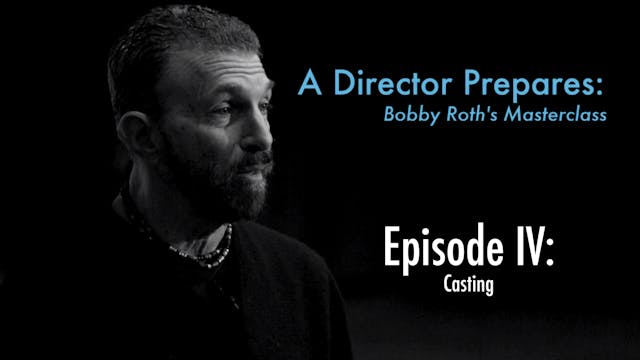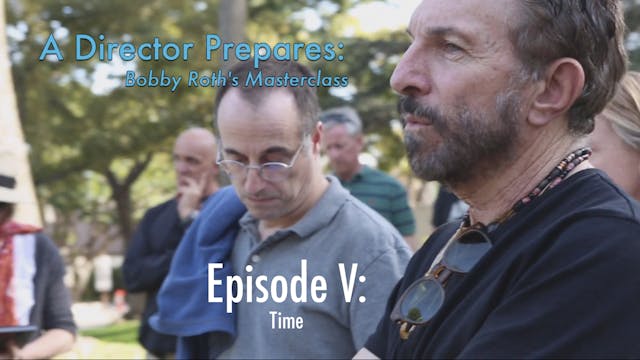A Director Prepares: Bobby Roth's Masterclass, Episode 2 - How to Read a Script
A Director Prepares: Bobby Roth's Masterclass, The Complete Series
•
20m
It may seem self-explanatory, but how a director reads a script has a large impact on the way s/he prepares. This episode looks at how various key collaborators, such as first assistant directors, cinematographers, and editors, read a script in different ways, and emphasizes the many different kinds of re-readings required of directors. It also examines strategies for improving scripts under the crunch of production schedules.
Up Next in A Director Prepares: Bobby Roth's Masterclass, The Complete Series
-
A Director Prepares: Bobby Roth's Mas...
One of the main elements of prep, in both film and television, is producing the shot list. This episode covers not only what a shot list is, how it should look, and whom to give it to, but also how to imbue camera instructions with emotion and personal investment. Extensive case studies from Lost...
-
A Director Prepares: Bobby Roth's Mas...
Perhaps the single most make-or-break element of directing is casting. It is also the element of directing that differs most between film and television production. This in-depth look at lessons learned from both film and TV, with case studies from Bobby’s independent films Manhood and Jack the D...
-
A Director Prepares: Bobby Roth's Mas...
Ever-present in the high-stakes world of film production is the element of time. This episode covers the elements directors need to consider when collaborating with first assistant directors on building a schedule for the shoot, from juggling locations to working with different styles of cinemato...


